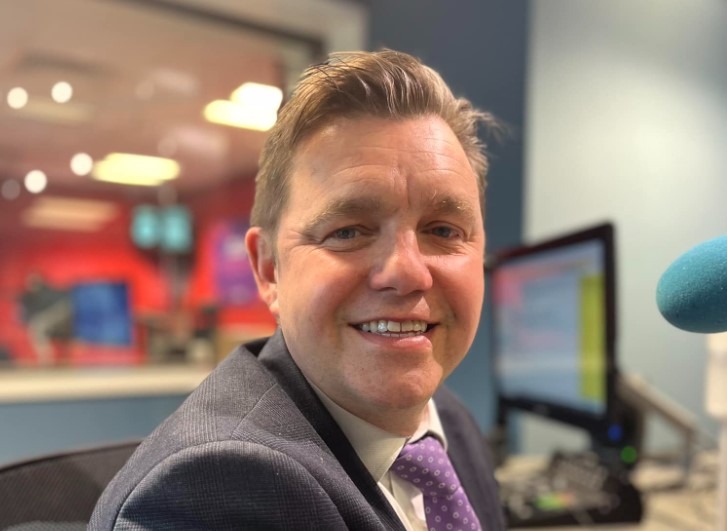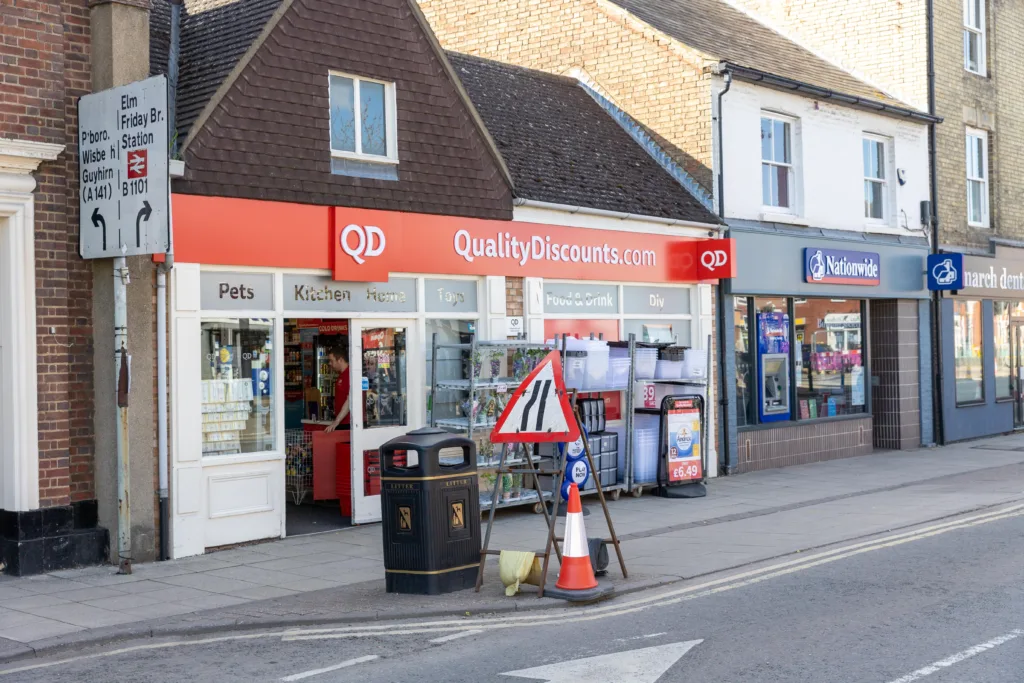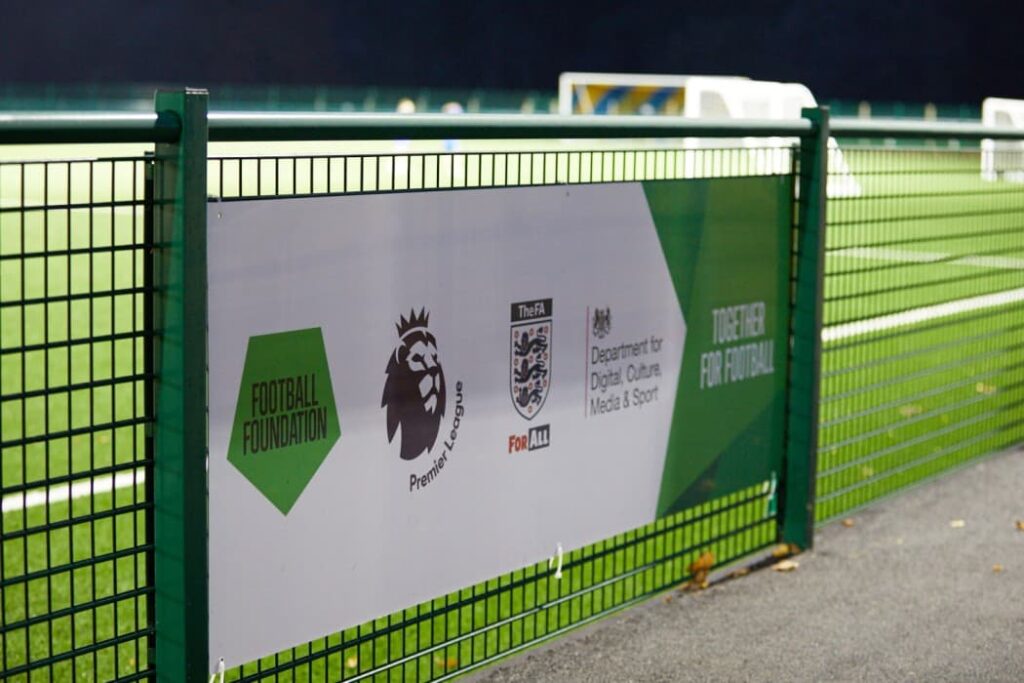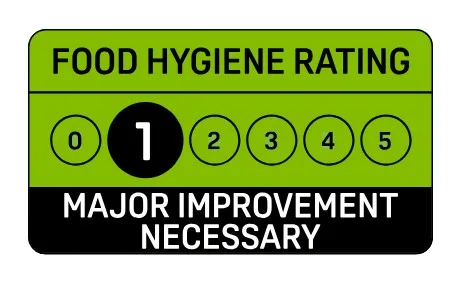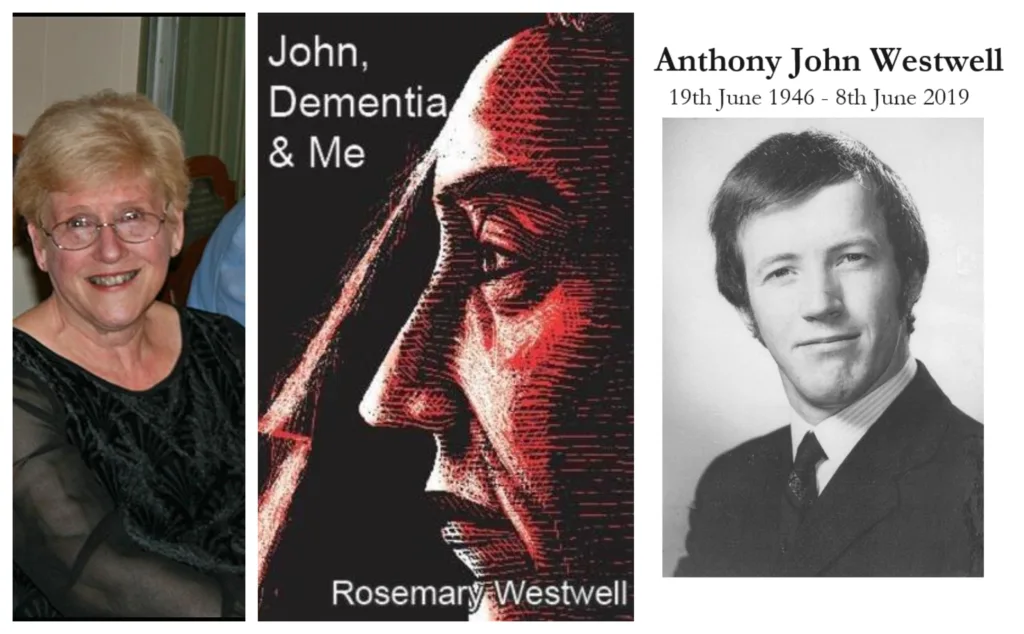Mayor Dr Nik Johnson is set to give thousands of bus users a surprise Christmas present by extending the £2 bus cap to the end of March next year.
The three month extension to the scheme will cost up to £1m but the money will come from a surplus in funding already awarded to the Cambridgeshire and Peterborough Combined Authority via a Bus Service Improvement Plan (BSIP).
“The conditions of the BSIP grant allow for its use to fund a fare cap,” says a report to be considered at an emergency board meeting of the Combined Authority on December 13.
The report says a fare cap to reduce the cost of bus patronage aligns with the national announcement for the 2024/25 BSIP funding to ‘protect bus services, keep travel affordable and support the bus sector’s long-term recovery through to March 2025’.
Mayor Johnson will require a two thirds majority vote of all board members including those, of course, from district councils and Cambridgeshire County Council and Peterborough City Council.
The board will also be asked to note that “any consideration on extending the fare cap beyond 31 March 2025 will be part of the 2025/26 budget setting report in January 2025”.

Judith Barker, executive director of place and connectivity, has compiled the report for the board and sets out the costs involved.
“The cost of this cap is estimated to be £1m for three months,” she says. “The report requires the board to make a formal decision.”
She explains that Prime Minister Sir Keir Starmer in his pre-budget speech on 28 October 2024 announced a new £3 bus fare cap for single journeys to apply from 1 January 2025 to 31 December 2025.
This follows on from the current £2 fare cap, introduced in September 2022, which was programmed to cease on 31 December 2024.
Nationally, single bus fares will be limited to £3 until 31 December 2025. The Government stated that the new single fare cap at £3 ensures that people can access affordable bus fares and opportunities across the country.
However, some parts of the country have found ways to maintain the £2 cap, as Ms Barker explains.
* Greater Manchester have decided to keep their fares capped at £2 into 2025 for the whole year but subject to a mid-year review.
*London buses are subject to a different system, and they are exempt from the fare cap increase.
*In West Yorkshire, the mayor has plans to increase the cap to £2.50 and therefore subsidize half of the difference between the 2024 cap and the 2025 level.
*In Liverpool City region, the Mayor has announced that he intends to extend the existing £2 cap until September 2025.
Ms Barker’s report reminds members that the Combined Authority’s Local Transport and Connectivity Plan aims to make transport in Cambridgeshire and Peterborough better, faster, greener, and more accessible for everyone.
“The LTCP was approved in November 2023 by the Combined Authority’s Board and marked a new era for transport in the region,” she says.
“The focus was on encouraging modal shift to sustainable public transport.”
Alongside this is the Combined Authority Bus Strategy which was published in March 2023, and sets out “an ambitious vision and strategy to improve the bus network in a way that will benefit the residents and businesses of the region” and to deliver the LTCP.
It spells out the need for “a comprehensive network of bus services across Cambridgeshire and Peterborough that people find convenient, easy to use, reliable and good value for money, which is inclusive and offers a viable alternative to the car”.
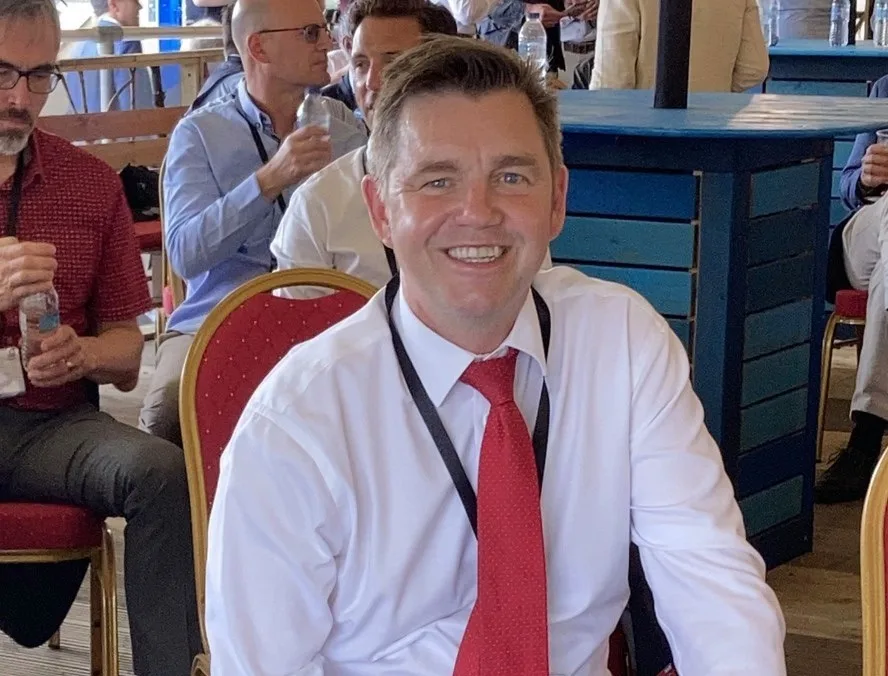
Part of this is for lower, cheaper fares (such as the single journey cap) that contribute to the bus strategy vision, by enabling a fare “that is convenient, easy to use and good value for money for the passenger”.
Ms Barker reminds the board that the Combined Authority already has in place from June 2024 the Tiger Card to offer £1 fares to people under 25 and is working to introduce the pre-09:30am concessionary pass to enable free travel for eligible passholders from April 2025.
Under the heading ‘impact of the £2 national cap’ she says the Department of Transport found that
- Around two-thirds of people reported some degree of awareness of the £2 fare cap.
- Patronage appears to be continuing to recover following the COVID-19 pandemic and early evidence suggests the £2 fare cap may be playing a role in this recovery.
- There has been an increase in the number and proportion of single bus journeys.
- People making additional bus trips with the £2 bus fare cap in place are likely to be existing bus users who make a small number of additional trips.
- The scheme is perceived as making a positive impact on the cost of living.
A second study found that:
- More than half those who use buses at least monthly have used the £2 capped fare. Those in households without cars are more likely to have used the fare
- Usage of the £2 capped fare is highest among under 24s and people with lower household incomes
- People making more bus journeys due to the £2 fare have most often used the bus instead of the car or made extra journeys to places they have been to previously
- Half of those who might make more journeys due to the £2 fare cap would replace car journeys. Four in ten might go to places they would not go otherwise.
Ms Barker says analysis of impact feedback has been sought from local operators on the scheme.
Operators highlighted the risk that the increase in the cost of fares, if they go up to £3 from January 2025, may result in lower patronage and therefore lower overall income and revenue for operators which may put pressure on viability.
If this occurred it could result in some services ceasing to be commercially viable, or increasing the level of investment required on already subsidized routes.
Ms Barker says that following the announcement of the increase in the fare cap at the autumn budget, officers have sought initial feedback on potential costs of a cap from local operators, particularly Stagecoach who operate approximately 90% of the Cambridgeshire and Peterborough network.
“The responses provided to date focused on the costs of maintaining a £2 cap and the estimated cost for the three month period from 1 January to 31 March 2025 is approximately £1m,” she says.
“Options for the level of the cap if the Board is minded to fund a local cap at a lower rate than the national figure of £3, it has the discretion to do this.”
Her report concludes: “There is an opportunity cost of investing the underspend BSIP in the fare cap.
“If it were not used for the fare cap, it would otherwise be available to deliver further bus service improvements in 2025/26 such as more real-time information screens across the network and enhanced better bus stop information and improvements.”
Any decision on the possibility of extending the cap beyond March 2025 will not be taken until January.
The refreshed subsidy for the £2 cap is separate from any decision on the Mayoral precept.


